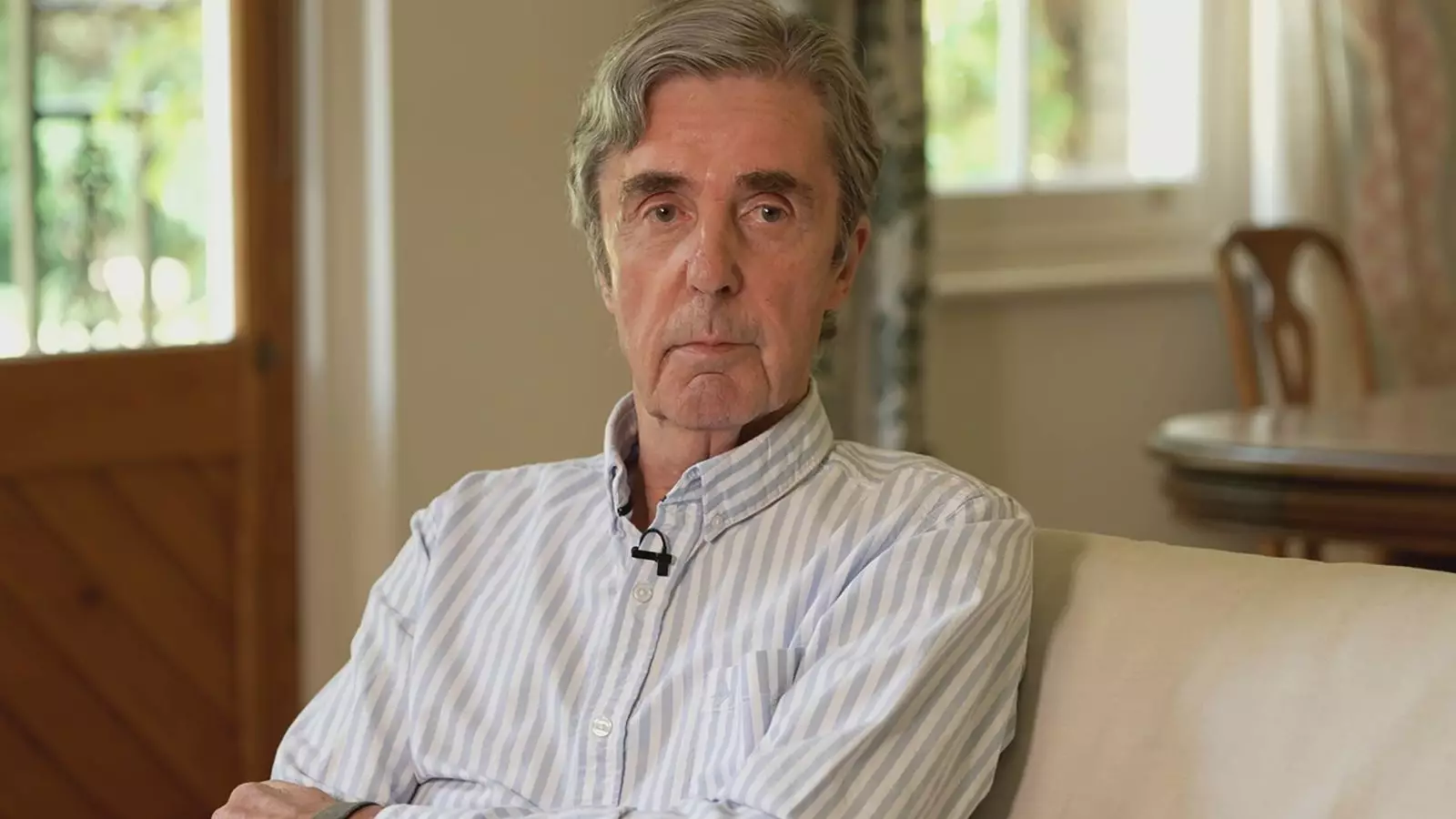John Stapleton’s passing marks the end of an era in British journalism—an era characterized not only by professionalism and resilience but also by a profound commitment to connecting with the public. In a landscape increasingly dominated by sensationalism and superficial coverage, Stapleton embodied the virtues of integrity, warmth, and unwavering dedication. His legacy isn’t solely defined by the span of his career but by the authenticity he brought to every interview, every broadcast, and every interaction. Unlike many modern media figures who chase clicks, Stapleton prioritized meaningful dialogue, a principle that resonates deeply within the core of liberal values—fostering understanding and respect among diverse audiences.
His work across a variety of flagship programs demonstrates a versatility and tenacity often absent in today’s media personalities. From his early days in regional newspapers to the global stage with Sky News, his ability to adapt without compromising his principles set him apart. Throughout decades of covering pivotal events—from the rise of Thatcher to the unsettling realities of war—Stapleton’s incisive questioning and calm demeanor provided viewers with clarity amid chaos. That ability to remain composed under pressure, to listen deeply, and to explore complex issues with tact made him a trusted figure in a time of information overload.
More Than a Broadcaster: A Model of Compassion and Humility
What distinguished Stapleton wasn’t just his journalistic skill but his innate humanity. Colleagues and viewers alike recall his warmth, humor, and genuine kindness. In an industry often criticized for cynicism and self-promotion, he was a reminder that storytelling can be an act of service—a way to illuminate truth, foster empathy, and bridge societal divides. His demeanor was a testament to the belief that character matters as much as competence, and that humility is a strength, not a weakness.
Despite his prominence, Stapleton never appeared to seek the spotlight for its own sake. His efforts to remain accessible and authentic reflected a broader commitment to social responsibility—a core tenet of center-wing liberalism. Such an outlook emphasizes the importance of equity, dialogue, and understanding—principles that became evident in his interviews and public engagements. His work was not about personal fame but about giving voice to those often unheard, probing power without arrogance, and holding conveners of state accountable—all with grace and professionalism.
Facing Illness with Quiet Courage
Even as he battled Parkinson’s disease, Stapleton maintained a pragmatic outlook that underscored a resilient spirit. His honesty about his health and acceptance of his condition showcased a vital perspective: the importance of facing adversity with dignity and a sense of purpose. In a way, his openness served as an inspiration—an acknowledgment that vulnerability is not a sign of weakness but a testament to authenticity and strength.
His family’s words reinforce this narrative. Nick Stapleton’s tribute highlights a man defined by love, generosity, and integrity—cornerstones of a life well-lived. His candid reflection about the frustrations of speech impairment underscores the importance of patience, empathy, and understanding—values central to a compassionate society. It also prompts us to consider how society can better support those facing chronic illnesses and promote environments that value human dignity above superficial productivity.
A Reflection on Media’s Role: From Guardians to Celebrities
In an age where media personalities often become commodities, Stapleton reminds us of a different ideal: journalists as custodians of the public trust. His career trajectory exemplifies the importance of holding power to account, while also genuinely connecting with viewers as fellow citizens. His quiet integrity suggests that the true power of journalism lies in its capacity to inform, uplift, and foster social cohesion—not in manufactured controversy or populist spectacle.
His legacy challenges today’s media landscape to reconsider what it means to be a public figure. It implores the industry—and society at large—to prioritize authentic, respectful discourse. As political divisions deepen and societal tensions rise, figures like Stapleton serve as models for constructive engagement—centered on facts, empathy, and dignity. Perhaps if more broadcasters adopted a fraction of his ethos, the public discourse could shift from polarization to understanding, from outrage to empathy.
In remembering John Stapleton, we are reminded that the true measure of a broadcaster lies not in ratings or sensational headlines but in the lasting impact of their integrity and humanity. His life stands as a testament to the power of honest dialogue, humility, and compassion—values that, if embraced collectively, can foster a more inclusive and understanding society.


Leave a Reply